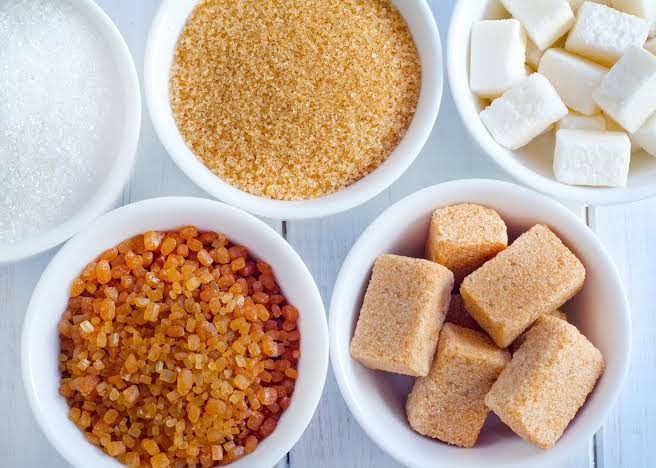Fructose: What We Need to Know for a Healthier Life
Have you ever considered how the sugar in our fruits could hurt us if ingested in excess? We've certainly heard that fruits are healthful, which they are, but there's more to fructose, the fruit sugar, than meets the eye. Let's break it down so we can see how it impacts our bodies and what we can do about it.
What Exactly Is Fructose?
Fructose is a form of sugar found naturally in fruits. This is why it's commonly referred to as "fruit sugar." It's found not only in fruits, but also in table sugar (sucrose), honey, sweet drinks, and even high-fructose corn syrup (HFCS) in packaged meals. So, while a mango or banana includes natural fructose, our cola, ketchup, or sweetened yogurt may contain added fructose, frequently in much higher proportions than our bodies can tolerate.
The food business relies heavily on fructose because:
It is sweeter than glucose, therefore we require less of it.
It is inexpensive to produce, particularly in the form of HFCS.
It helps to extend the shelf life of processed goods.
It improves the flavor and texture of numerous snacks and baked goods.
That's why it's disguised in many daily products, including ones that don't taste particularly sweet.
How Does our Body Handle It?
Here's the essential part: our bodies do not process fructose in the same way that they do glucose. Unlike glucose, which is absorbed by practically every cell to provide energy, fructose can only be digested by our liver.
So when we consume too much fructose, our liver becomes overloaded. It transforms extra fructose to fat. That fat can remain in the liver, causing fatty liver disease, or it can enter the bloodstream and boost triglyceride levels, increasing cardiac risk. And, unlike glucose, fructose does not properly stimulate insulin or leptin, so our brain does not receive the information that you are full, leading to overeating.
How It Can Lead to Atherogenesis?
Atherogenesis is the process by which plaque builds up in our arteries—and guess what? Excess fructose has an important function here.
Too much fructose:
- Increases blood fats (triglycerides).
- Increases inflammation.
- Causes insulin resistance.
Over time, these alterations can harm our arteries, resulting in heart disease, stroke, and other dangerous illnesses. So it's not only about being fat; our hearts and blood vessels are suffering silently.
What If You Sit All Day?
If we live a sedentary lifestyle (sitting too much and not moving), the consequences of fructose worsen.
Why? Our body is not burning off surplus energy.
- Our insulin resistance increases.
- Our metabolism slows.
- The fructose we eat is more likely to be converted to fat.
So, if we sit for long periods of time and consume a high-fructose diet, we are setting ourselves up for major metabolic disorders.
Could It Even Affect Your Brain?
Yes. According to studies, high fructose is connected to cognitive difficulties and may raise the risk of Alzheimer's disease. When our metabolism is out of balance due to excessive fructose consumption, our brain:
- Lacks an adequate supply of energy.
- It becomes more irritated.
- It loses its ability to remove poisons correctly.
In the long run, this generates an environment conducive to neurodegenerative illnesses. So, certainly, our sugary habits today can have an impact on our memory and cognitive abilities tomorrow.
High-Fructose Corn Syrup: The Silent Culprit
Many processed foods include both fructose and high-fructose corn syrup (HFCS), which is considerably more hazardous. Why? Because of HFCS:
- Contains more free fructose.
- Is quickly absorbed by your liver.
- Causes increased fat storage and inflammation.
It appears in sodas, salad dressings, sauces, baked products, and even "healthy" snacks. So we should always examine the labeling. If we notice "corn syrup," "HFCS," or "fructose," we should think carefully about ingesting it.
Should we completely Eliminate Fructose?
Now comes the major question: Should we fully avoid fructose? Yes, we should work to reduce additional and artificial sources of fructose. This means:
- Avoid consuming sugary sodas.
- Avoid packaged and processed snacks.
- Avoid pastries containing HFCS.
- Avoid fruit drinks; instead, eat entire fruits.







Comments
Post a Comment